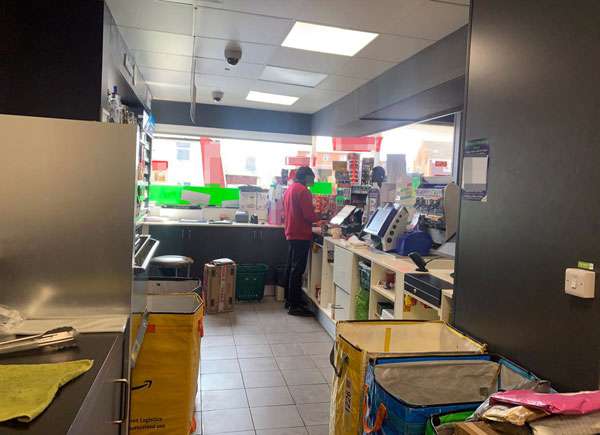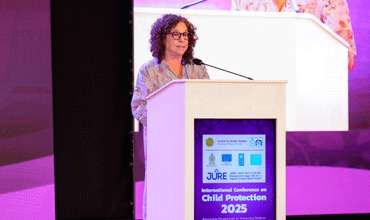Troubled Ceylon Tobacco Company’s tax revenue to the Government fell by 11.1 per cent to Rs. 19.7 billion in the quarter ending March 31, 2017, the company said on Monday.
Profit after tax however edged higher at Rs. 3.19 billion against Rs. 3.05 billion in the corresponding 2016 quarter.
The price of the stock fell to Rs. 870 per share in its last trading day in the period under review compared to Rs. 1,011 in the same period last year.
The company, battling an aggressive state-led campaign against smoking, compulsory anti-smoking labelling on cigarette packs and rising taxes, said the significant hike in excise duties resulted in a 29 per cent decline in volume sales in the quarter under review against the same period last year.
“As a result of the business impact of the price increases, the company noted a 4.9 per cent reduction in net turnover vs. same period last year. However, the company’s focus on its cost base having closed two leaf depots, and reduced factory shifts by a third, negated the turnover impact to record an increase in profit for the period vs. same period last year. Consequently, the company focused on strengthening the value proposition of key brands and route to market infrastructure,” the quarterly report said.
The company said under-regulated and low taxed products such as “Beedi” remain a key threat to government revenue from the tobacco industry due to widening price gap between the cheapest legally manufactured cigarette (Capstan) and Beedi.
You can share this post!
Content


The final rites of veteran broadcaster, writer, and lyricist Nirmala de Alwis will be held today at Peradeniya.







Leave Comments